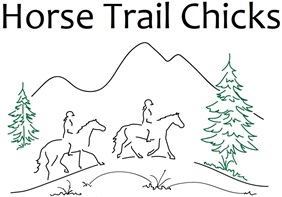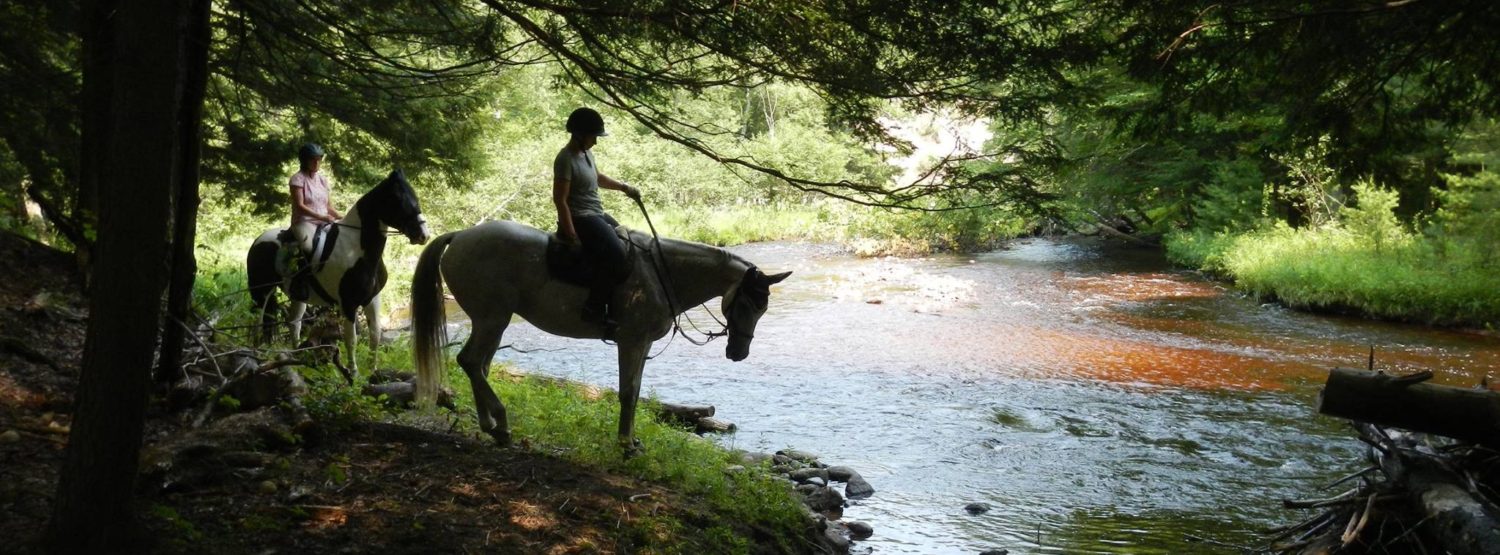There are two kinds of horse people: those who have a pretty good idea of how much money they spend on their horses, and those who have no idea (and probably don’t want to know).

A few years ago I attended a seminar at my credit union about budgeting. They gave us a spreadsheet for tracking expenses. Being a Type A person and loving math, I embraced this wholeheartedly. I now track all of my expenses by category (house, groceries, vacation, horse), which is actually not that hard, given that I rarely use cash so all the data are available electronically. As a result, I know exactly what I spend on my horse. And it’s a lot. I am sure this is no surprise to you. Horses are expensive. And anything you do to save money ends up costing you in other ways – often in time but sometimes in blood, sweat, or tears.
Here is a breakdown of my expenses in 2019:
- Board: $7,200
- Lessons and training: $500
- Farrier: $635
- Veterinarian: $830
- Equine Chiropractor: $440
- Insurance (horse, trailer): $425
- Supplements: $500
- Saddle fitter: $235
- Tack shop purchases (includes tack, grooming supplies, fly spray, first aid supplies, riding gear such as breeches, gloves, etc.): $1,240
- Trailering expenses (gas, yearly trailer registration, repairs): $475
- Overnight riding trips and sponsored rides: $1,230
- Miscellaneous: $220
This comes to a grand total of $13,100. This is my annual cost and does not take into account the $5,500 I paid for my horse 4 years ago or the $9,000 that I spent purchasing and outfitting my trailer 2 years ago.
Some of my expenses could be considered luxuries (on top of the fact that owning a horse is a luxury in the first place), so you can certainly have a horse in your life for less money. On the other hand, lots of people spend even more than I do. It’s virtually limitless what you could spend on a horse.

If you keep your horse on your own property, you don’t have boarding fees, which are substantial. But of course, you have to pay for hay, feed, bedding, fencing, barn upkeep, fixing all the things that your horses break, etc. Add in the amount of time you spend maintaining the place, mucking stalls, stacking bales of hay, turning horses in and out, keeping waterers from freezing in winter, moving manure around, and if you paid yourself even minimum wage you’d probably be spending as much as I do on board.
The financial impact of owning (or leasing) a horse, for each of us, is huge. Something that we probably don’t think much about is that the economic impact of our collective equine expenditures on the State of Vermont is humongous. If the tens of thousands of horse people in Vermont spend as much as I do per year, that amounts to many millions of dollars contributing to our economy. How many? No one knows. The Vermont Horse Council is trying to find out, through an online survey the results of which they will use to promote the interests of horse enthusiasts in the state – such as advocating for more trails (yes!). The last day to fill out the survey is May 31 so if you have not already, please do so by going here. By filling it out you will be entered to win a stay at The Bunkhouse in Washington Vermont (if you’ve never been there I highly recommend it).
I feel extremely fortunate to be able to afford a horse. I might not be able to retire until I’m ninety, but it’s worth it!

Happy trails!
Monica


